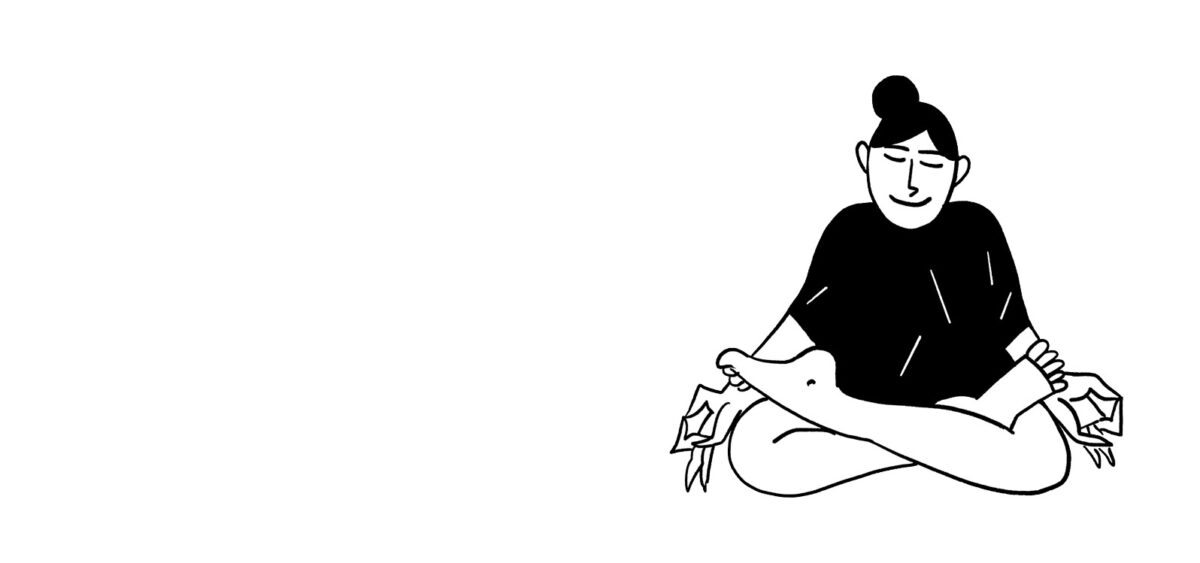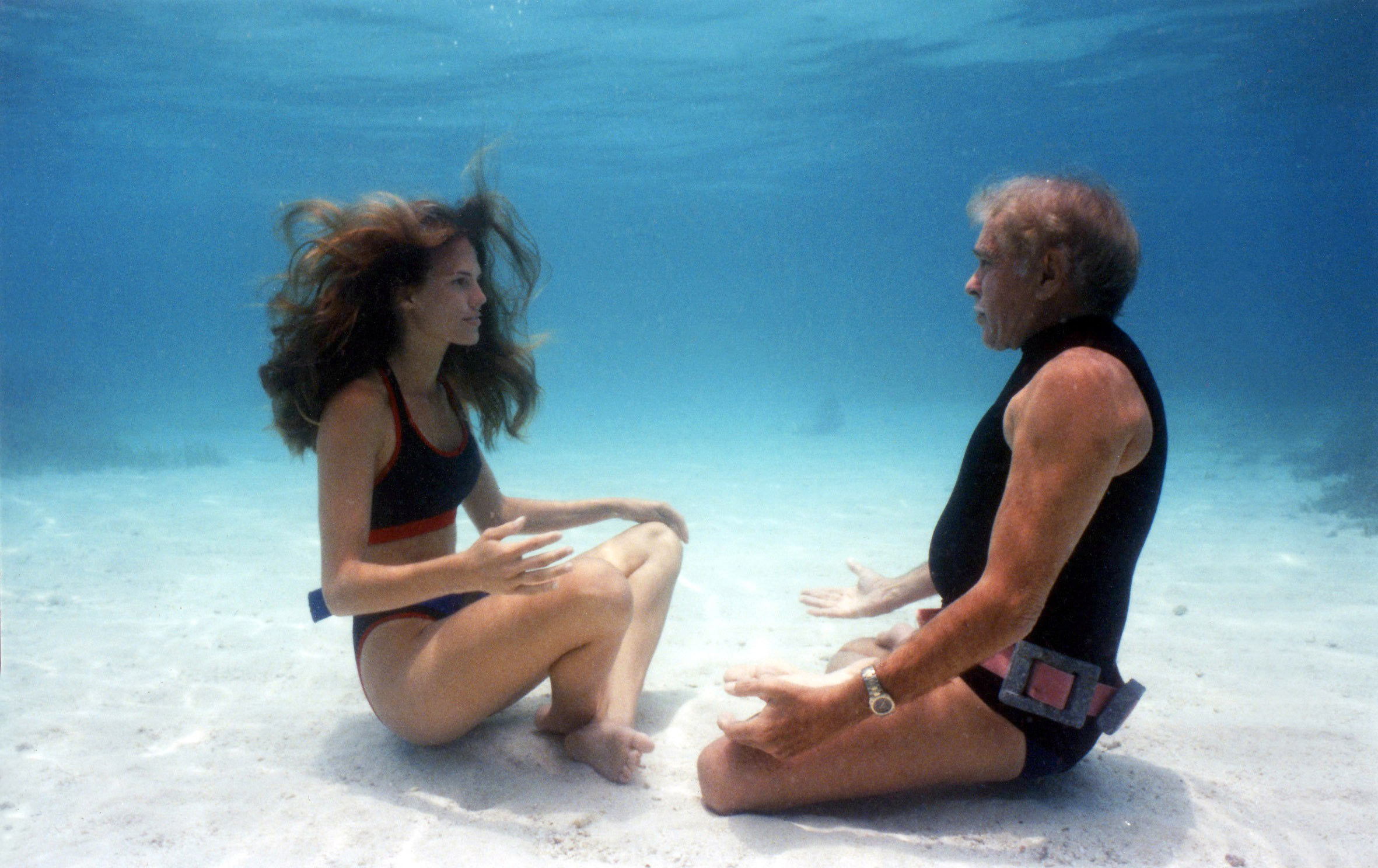
Eight weeks ago, I started meditating every day.
I knew I’d be going home to visit my family at the end of December, and well, I have a bad habit of regressing into a 13-year-old whenever I’m around them. All my old immaturities and anxieties get activated. I become a more reactive, less compassionate version of myself.
But this holiday season, I was determined to avoid fighting with my family. I would be kind and even-tempered throughout the visit. I knew that in order to have a chance in hell of achieving this, I’d need a secret weapon.
That’s where the meditation came in.
Starting in 2005, Harvard neuroscientist Sara Lazar began to publish some mind-blowing findings: Meditation can literally change the structure of your brain, thickening key areas of the cortex that help you control your attention and emotions. Your brain — and possibly, by extension, your behavior — can reap the benefits if you practice meditation for half an hour a day over eight weeks.
Just eight weeks? I thought when I read the research. This seems too good to be true!
I was intrigued, if skeptical. Above all, I was curious to know more. And I wasn’t the only one. By 2014, there had been enough follow-up studies to warrant a meta-analysis, which showed that meditators’ brains tend to be enlarged in a bunch of regions, including the insula (involved in emotional self-awareness), parts of the cingulate cortex and orbitofrontal cortex (involved in self-regulation), and parts of the prefrontal cortex (involved in attention).
A host of other studies showed that meditation can also change your neural circuitry in ways that make you more compassionate, as well as more inclined to have positive feelings toward a victim of suffering and to see things from their perspective.
Further research suggested that me





